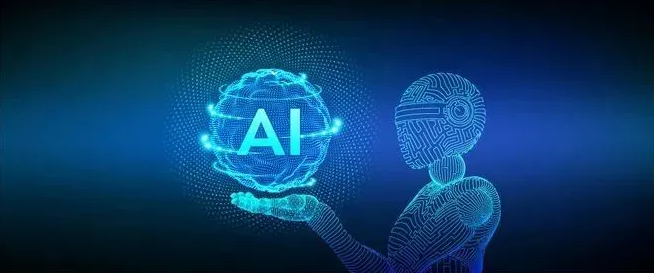The rise of generative artificial intelligence is having a profound impact on the freelance market. The editor of Downcodes will interpret a latest study for you, which is based on the analysis of 1.4 million freelance job listings, revealing the significant decline in demand for automation-prone jobs since the release of ChatGPT and the resulting market changes. The research results not only reflect the impact of AI on traditional occupations, but also show the emergence of emerging AI-related positions, providing a new perspective for us to understand work changes in the artificial intelligence era.

The study, reported by Harvard Business Review, analyzed 1.4 million job listings posted on a major freelancing platform between July 2021 and July 2023. The study found that demand for "automation-prone" jobs fell by an average of 21% after the launch of ChatGPT compared with manual-intensive jobs.
Among various types of freelance occupations, writing positions have been hardest hit, with the number of related job postings falling by 30.37%. Demand for software and web development positions also fell by 20.62%, while demand for engineering positions fell by 10.42%.
This impact is not limited to the world of writing and programming. With the introduction of AI image generation tools such as Midjourney, Stable Diffusion and DALL-E, job postings for graphic designers and 3D modelers dropped by 17.01% compared to manual-intensive jobs and are currently not recovering in the job market signs.
The researchers note that these impacts are significantly greater than previous waves of automation. Taking French industry as an example, when the robot usage rate increased by 20%, related employment fell by only 3.2%. Unlike previous automation technologies, generative AI has the ability to continuously improve and could impact nearly every industry.
The shrinking job market has led to increased competition. Since the launch of ChatGPT, the average number of applicants per posting for automated jobs has increased by 8.57%. At the same time, requirements for required skills also increased by 2.18%, and client budgets increased by 5.71%. Industries that often seek to use AI tools, such as writing and engineering, will be especially hard hit. In manual activities such as audio and video editing, although interest in AI tools is still low, the impact has been minimal.
While some traditional freelance jobs appear to be declining, AI is also creating the conditions for new opportunities to emerge. Since the launch of ChatGPT, the number of job postings requiring ChatGPT skills has increased by an average of 0.68 per week. The study found that there are 903 positions requiring ChatGPT-related skills, 88% of which are automation activities, and 82% involve software and web development. In addition, the study also found that women are significantly less likely than men to use ChatGPT at work.
The researchers suggest that companies should focus on training low-skilled workers to use AI tools, as this group shows the greatest potential for productivity gains. They note that AI is shifting the focus from predictable tasks to activities that require human judgment and decision-making.
All in all, this research clearly demonstrates the disruptive impact of generative AI on the freelance market. In the future, adapting to AI technology and mastering relevant skills will become the key to career development. The editor of Downcodes reminds everyone to pay attention to the development trend of AI and actively improve their competitiveness so that they can remain invincible in the ever-changing employment environment.